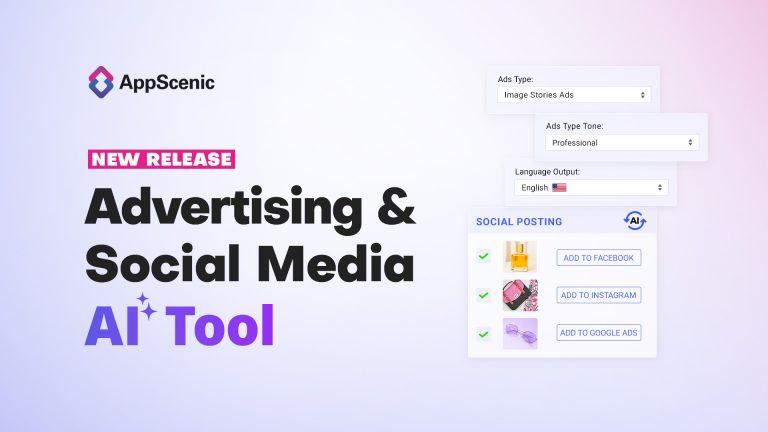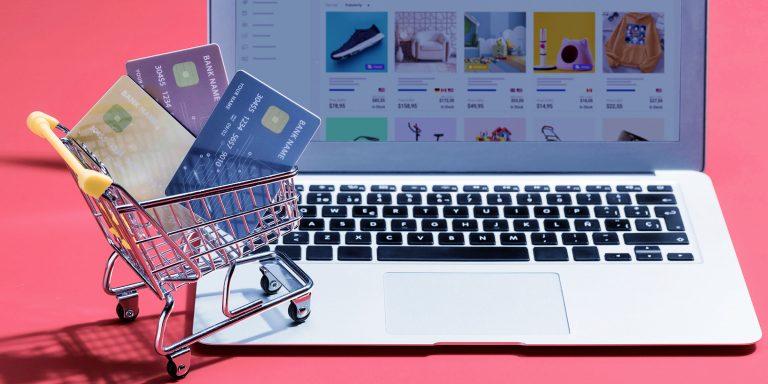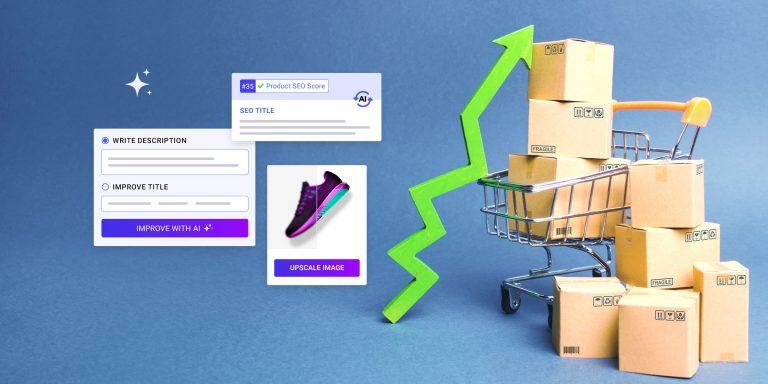If you’re looking to start a dropshipping business, choosing a supplier is one of the most important decisions you’ll need to make.
There are a lot of factors to consider when making this decision, so we’ve put together a list of the top 5 things you should keep in mind.
By considering these factors, you’ll be able to find the perfect supplier for your business and avoid any potential problems down the road.
Table of Contents
Importance of a supplier
Choosing the right supplier is critical to the success of your dropshipping business. Not only will they provide you with the products you need to sell, but they can also impact your bottom line by affecting your margins and shipping costs. Additionally, a good supplier will offer great customer service and be able to answer any questions you have about their products.
Top 5 things to consider before getting a dropshipping supplier
Here are the top five things to consider before getting a dropshipping supplier:
1. Product quality
The first and most important thing to consider when choosing a dropshipping supplier is the quality of their products. Not all suppliers are created equal, and some will offer cheaper products that are lower in quality. It’s important to find a balance between price and quality that meets the needs of your customers.
Top trending products to dropship in 2023
You don’t want to sacrifice quality for the price, but you also don’t want to overspend on items that your customers may not be willing to pay for.
To find the right supplier, take some time to research different options and compare prices. You can also read online reviews from other businesses that have used that supplier in the past.
Another great way to gauge quality is to order a sample of the product you’re interested in and test it out yourself. This will give you a good idea of what your customers can expect when they purchase from you.
Keep in mind that product quality can also impact your shipping costs. If you’re dropshipping products that are large or heavy, you’ll need to factor in the cost of shipping when determining your margins.

Additionally, products that are lower in quality are more likely to be returned by customers. This can impact your bottom line and cause you to lose money on the sale.
Therefore, it’s important to find a supplier that offers high-quality products at a fair price. By taking the time to do your research, you can ensure that you’re getting the best possible value for your money.
2. Shipping costs
The cost of shipping is another important factor to consider when choosing a dropshipping supplier. Many suppliers will charge different rates for shipping, and some may even offer free shipping on orders over a certain amount.
You’ll need to take the time to compare shipping costs between different suppliers to find the best deal. Additionally, you’ll need to factor in shipping costs when determining your product prices.
If you’re selling products that are large or heavy, you may need to increase your prices to cover the cost of shipping. However, if you can find a supplier that offers free shipping, this can help you keep your prices low and compete with other businesses in your market.
There are several factors that can impact the shipping cost. For example, the weight, size, and location of the supplier can all affect the price you pay.
Additionally, some suppliers may charge extra for certain features such as expedited shipping or order tracking. Therefore, it’s important to read the fine print and understand all of the fees associated with shipping before choosing a supplier.
By taking the time to compare shipping costs, you can ensure that you’re getting the best possible deal for your business.
3. Payment terms
Another important thing to consider when choosing a dropshipping supplier is their payment terms. Some suppliers may require you to pay upfront for your orders, while others may offer terms such as Net 30 or Net 60.
The payment terms you choose will impact your cash flow and how much money you have available to reinvest in your business.
If you’re just starting out, you may not have the capital to pay for your inventory upfront. In this case, you’ll need to find a supplier that offers terms such as Net 30 or Net 60. This will allow you to purchase your inventory on credit and pay for it over time.
However, keep in mind that suppliers who offer terms such as Net 30 or Net 60 may require you to pay a higher price for their products. Therefore, you’ll need to weigh the cost of the product against the payment terms to determine if it’s worth it for your business.
Additionally, some suppliers may offer discounts for businesses that pay for their orders upfront. If you have the capital to pay for your inventory upfront, this can be a great way to save money on your orders.
To find the best payment terms for your business, you’ll need to compare different suppliers and offers. By taking the time to do your research, you can ensure that you’re getting the best possible deal for your business.
4. Return policy
You’ll also need to consider the return policy of the supplier before choosing to work with them. Each supplier will have its own return policy, and some may be more lenient than others.
For example, some suppliers may only accept returns if the product is defective, while others may accept returns for any reason.
Additionally, some suppliers may charge a restocking fee for returns, while others may not. You’ll need to take the time to review the return policy of each supplier before making a decision.
Keep in mind that the return policy of your supplier will impact your own return policy. Therefore, you’ll need to factor in the return policy of your supplier when creating your own return policy for your business.
How to create a great dropshipping return policy
There are some factors that you’ll need to consider when choosing a supplier based on their return policy. For example, if you’re selling products that are prone to damage, you may want to choose a supplier with a lenient return policy.
On the other hand, if you’re selling products that are less likely to be damaged, you may be able to choose a supplier with a more strict return policy.
Similarly, if you’re selling products that are time-sensitive, you may want to choose a supplier with a shorter return window. This will prevent customers from returning outdated products.
You’ll need to decide what’s best for your business based on the products you sell and your own return policy.
5. Minimum order
Another important thing to consider when choosing a dropshipping supplier is their minimum order. Some suppliers may require you to purchase a minimum amount of products, while others may not have any minimum requirements.
The minimum order will impact how much inventory you need to keep on hand, and it can also affect your cash flow.
If you’re just starting out, you may not have the capital to meet the minimum requirements of some suppliers. In this case, you’ll need to find a supplier that doesn’t have any minimum requirements.
However, keep in mind that suppliers who don’t have minimum requirements may charge a higher price for their products. Therefore, you’ll need to weigh the cost of the product against the minimum order to determine if it’s worth it for your business.
Additionally, some suppliers may offer discounts for businesses that meet their minimum requirements. If you have the capital to meet the minimum requirements of a supplier, this can be a great way to save money on your orders.
However, you’ll need to be sure that you can sell the products before placing large order with a supplier. Otherwise, you may be stuck with inventory that you can’t sell, which can impact your cash flow.
You should also keep in mind that some suppliers may have different minimums for different products. For example, a supplier may have a minimum order quantity of 100 for one product, but they may have a minimum order quantity of 500 for another product.
You’ll need to take the time to review the minimum requirements of each supplier before placing an order. This will help you avoid any surprises when you go to place an order with a supplier.
Questions to ask your supplier before finalizing the deal
Now that you know what to look for in a supplier, you’re ready to start reaching out to potential suppliers.
Before finalizing a deal with a supplier, there are some important questions that you should ask them. These questions will help you get a better understanding of the supplier and their business.
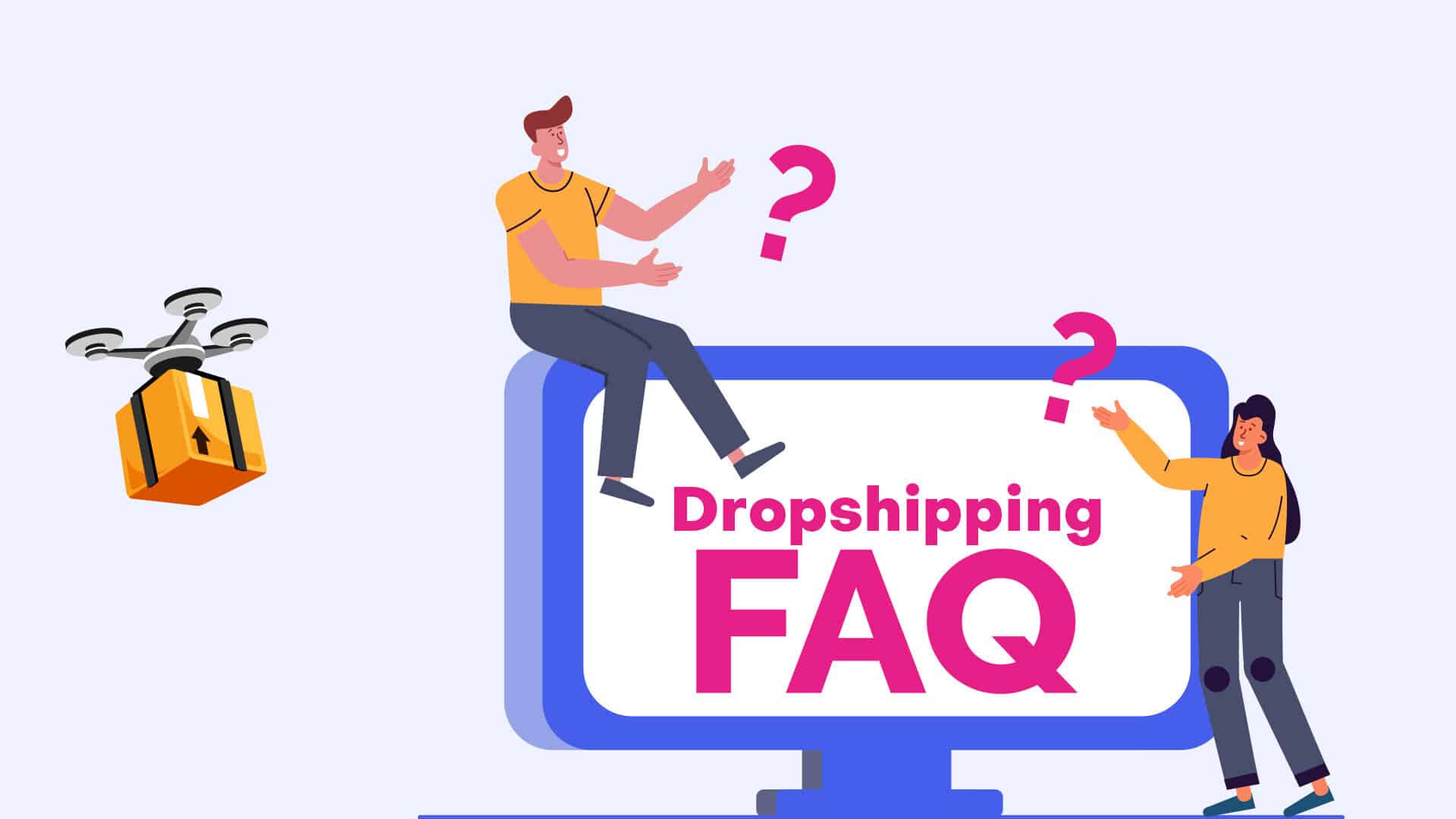
Additionally, these questions will help you determine if the supplier is a good fit for your business.
Here are some questions to ask your potential supplier.
How long have you been in business?
You need to make sure that you’re working with a supplier that has a proven track record. A new supplier may be cheaper, but they’re also more likely to run into problems.
An experienced supplier will be able to handle any issues that arise, and they’re less likely to make mistakes. Therefore, it’s always best to work with an experienced supplier.
Where are you located?
It’s important to know where your supplier is located. This information can impact the shipping times of your orders.
If you’re selling to customers in the same country as your supplier, you’ll likely have shorter shipping times. However, if your supplier is located in a different country, it will take longer for orders to arrive.
Additionally, you may need to pay import taxes on products that are shipped from a different country. Therefore, it’s important to be aware of your supplier’s location before finalizing a deal.
What is your minimum order quantity?
As we mentioned earlier, some suppliers may have minimum order requirements. You’ll need to make sure that you can meet the minimum requirements of your supplier before finalizing a deal.
What is your lead time?
The lead time is the amount of time it takes for a supplier to fulfill an order. This is an important factor to consider, as it will impact the shipping times of your orders.
If you need products quickly, you’ll need to find a supplier with a short lead time. However, if you have more time, you can look for a supplier with a longer lead time.
Are you the manufacturer or a reseller?
It’s important to know if your supplier is the manufacturer of the products or if they’re a reseller.
If you’re working with the manufacturer, you can get your orders fulfilled faster. Additionally, you may be able to get a better price on your orders.
However, if you’re working with a reseller, it may take longer to get your orders fulfilled. Also, resellers typically mark up the price of products, so you may need to pay more for your orders.
What kind of packaging do you use?
The type of packaging that a supplier uses can impact the shipping and handling of your orders.
If you’re selling fragile products, you need to make sure that your supplier uses adequate packaging. Otherwise, your products may arrive damaged, and you’ll need to issue refunds to customers.
Do you offer dropshipping?
If you’re new to ecommerce, you may not be familiar with dropshipping. Dropshipping is a fulfillment method where suppliers ship products directly to your customers.
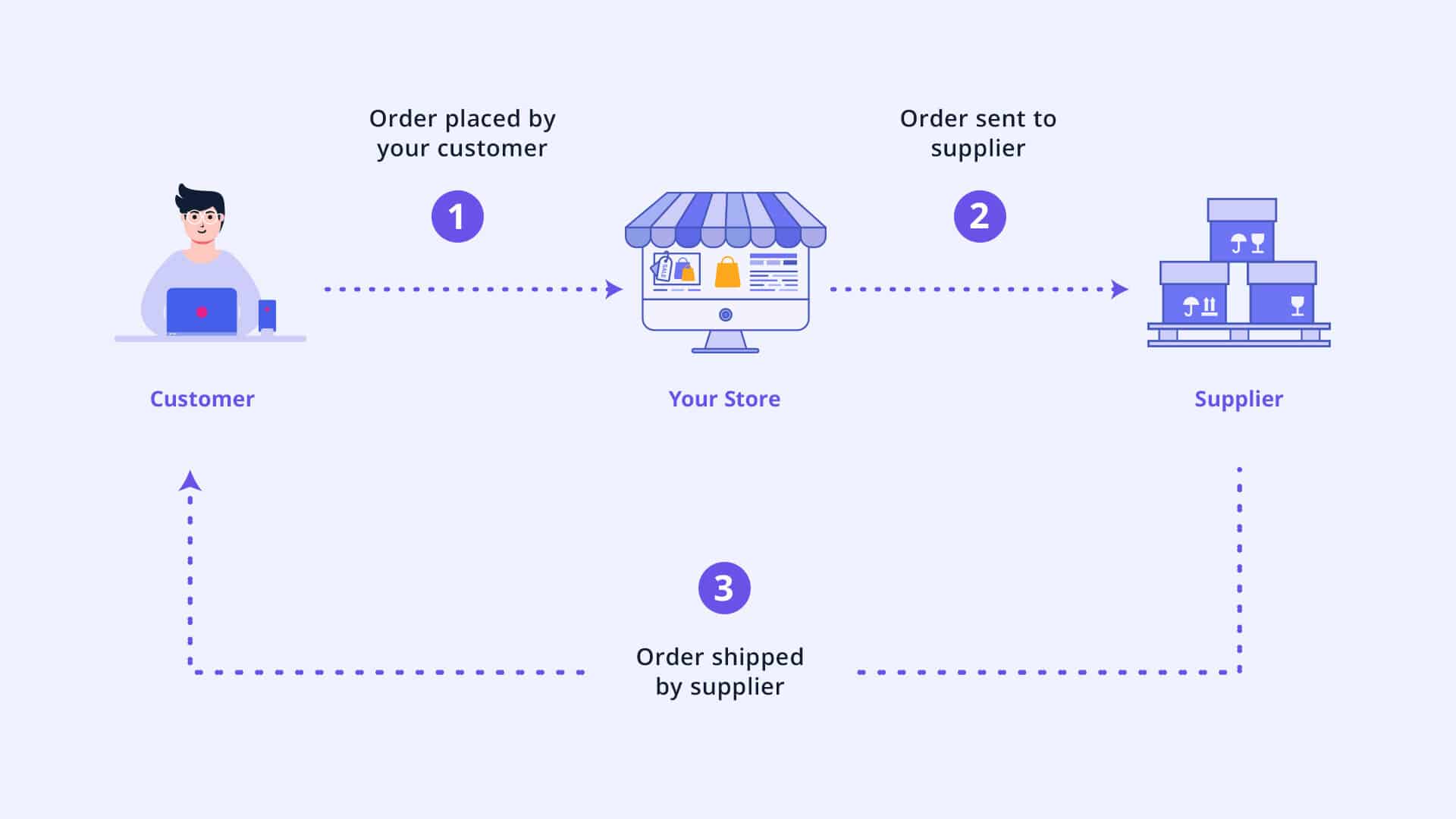
Dropshipping is a popular fulfillment method for new businesses, as it’s easy to set up and manage. Additionally, you don’t need to carry any inventory, as your supplier will ship products directly to your customers.
Do you have any references?
It’s always a good idea to get references from a potential supplier. A supplier’s references can give you insight into their business and how they treat their clients.
Additionally, you can use a supplier’s references to verify their claims. For example, if a supplier claims to have a fast lead time, you can contact their references to see if they received their orders on time.
What happens if there’s a problem with an order?
It’s important to know what will happen if there’s a problem with an order. Will the supplier refund your money? Will they send a replacement product?
It’s important to get this information in writing before finalizing a deal with a supplier. That way, you know what to expect if something goes wrong.
What are your payment terms?
You’ll also need to know the payment terms of your supplier. Some suppliers require that you pay upfront for your orders, while others may allow you to pay after you receive your products.
Additionally, you’ll need to know when the payment is due. For example, some suppliers may require that you pay within 30 days of receiving your products.
Most popular questions about dropshipping
Conclusion
As you can see, there are a lot of factors to consider when choosing a supplier for your ecommerce business. By asking the right questions, you can find a supplier that’s a good fit for your business. Also, don’t forget to get everything in writing before finalizing a deal with a supplier. That way, you can avoid any surprises down the road.
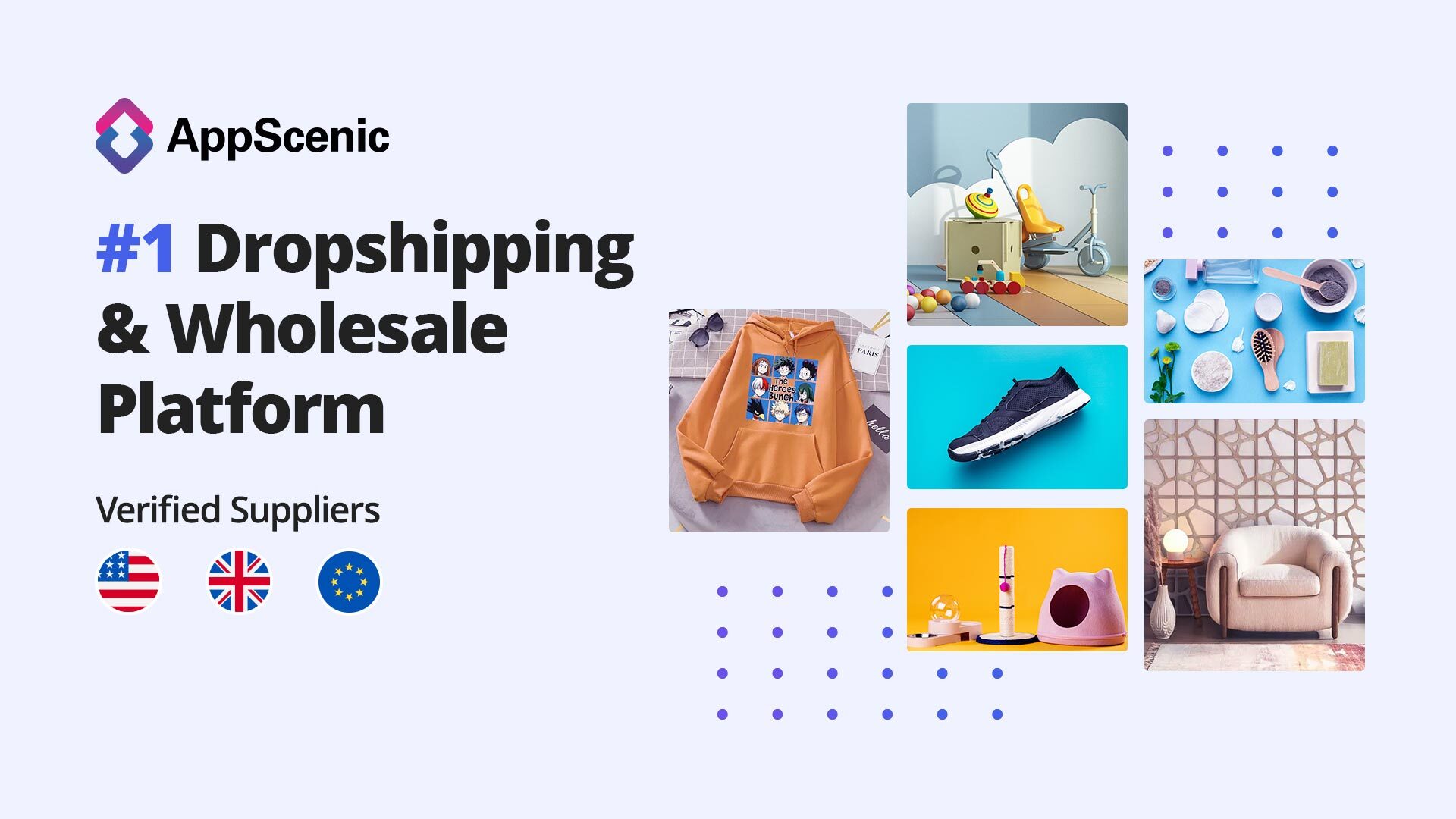
Ready to find the right supplier? Then sign in for an AppScenic Account now!



